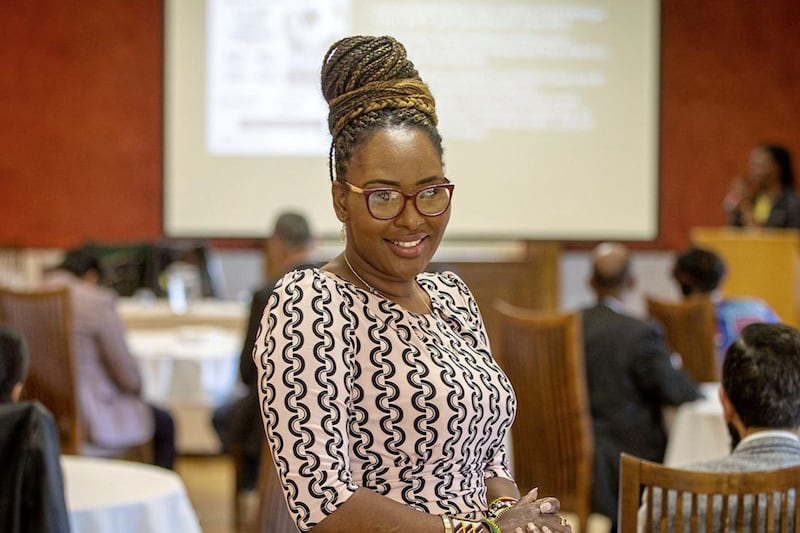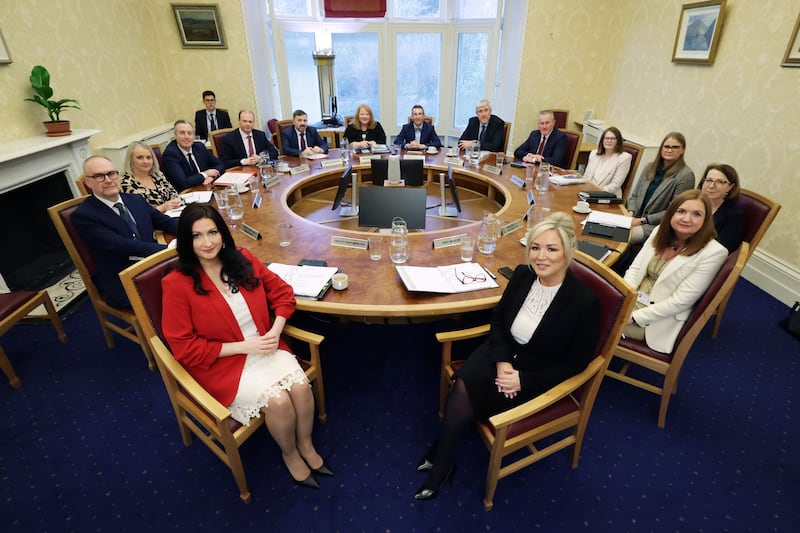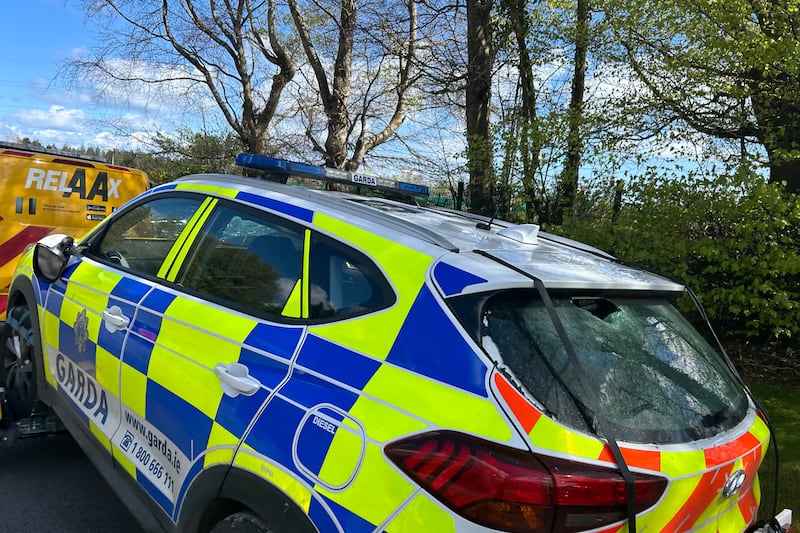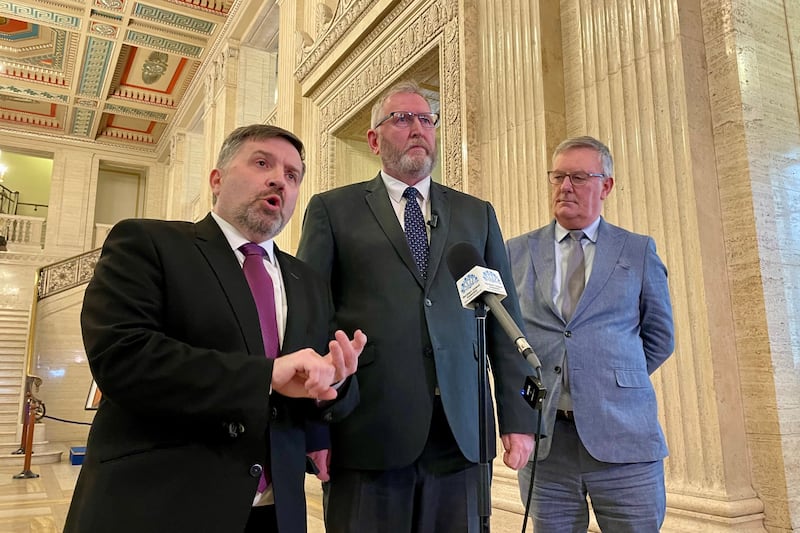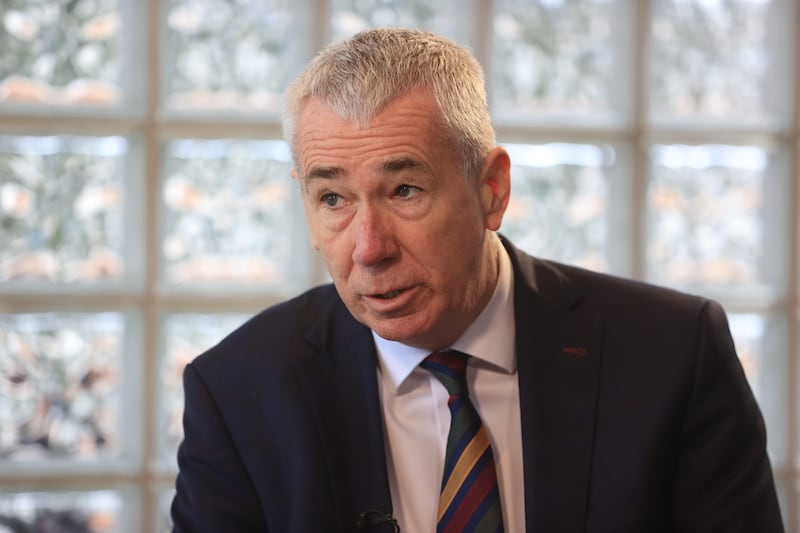Bonfires will be lit in loyalist districts across the north this evening and in almost all cases, they will be accompanied by community events and festivities.
It is important to acknowledge that many of these will pass off without controversy or trouble. And while visiting an Eleventh Night bonfire may not appeal to the overwhelming majority of people in Northern Ireland – including many unionists – it is nonetheless essential that in a pluralist society various traditions, however anachronistic they may seem, are accommodated.
However, the right to celebrate cherished shibboleths has to be balanced against wider responsibilities. That must include ending the naked sectarianism which is still paraded at far too many bonfires, including the burning of flags, GAA symbols and posters of nationalist politicians.
The burning of tyres, once synonymous with the Eleventh Night, seems to have ended, but there is still something toxic about bonfire culture.
A pyre at Moygashel in Co Tyrone had initially attracted attention because a boat had been placed on top of it bearing a slogan questioning the future of the Good Friday Agreement. This was an imaginative way of drawing attention to a political message, albeit one with which this newspaper would firmly disagree. But in an aggressively sectarian and hostile act, a tricolour and a poster of Taoiseach Leo Varadkar were also burned.
The PSNI says it is treating the episode as a "hate-related incident". Sadly, it is one likely to be repeated at other locations, despite the condemnation of unionist leaders.
As this newspaper has highlighted, loyalist paramilitaries still exercise control through bonfires and events linked to the Twelfth. Too many bonfires are built without regard for public property and safety. It is absurd that heat protectors have had to be installed to protect 4G pitches beside the Lisnasharragh pyre in east Belfast, for example, or that the fire service routinely need to douse houses to stop them burning. The potential for injury and the squandering of publicly funded resources and facilities is appalling.
There is a better way. Mutual respect is not only possible, but is also being put into practice; in Moneymore on Sunday, for example, the triumphant All-Ireland-winning Derry minors were applauded by Orangemen who also delayed the start of their parade to let the team bus through the village.
In the Republic, Green Party TD Patrick Costello has called for the Twelfth to be made a public holiday - an interesting proposal that merits consideration.
Tensions around parades have been defused; that must also be possible with bonfires.


